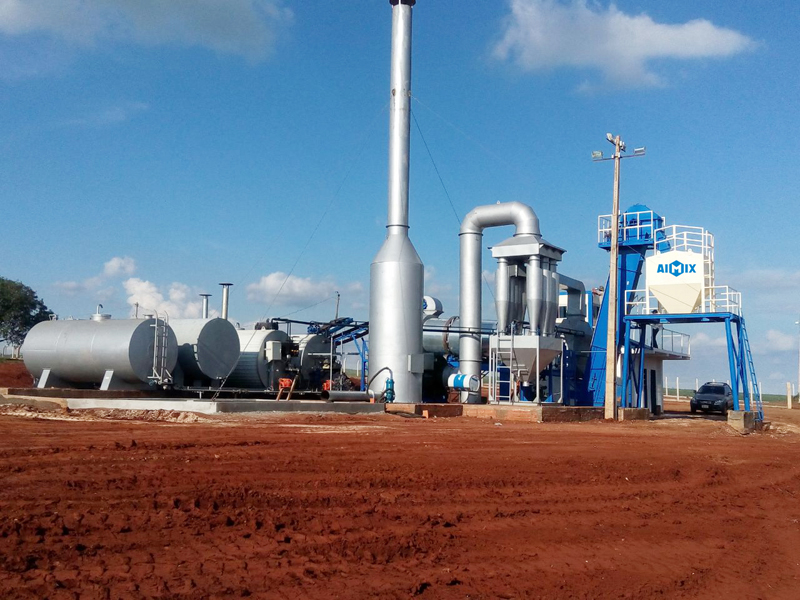When considering the acquisition of asphalt plants, understanding the total cost of ownership (TCO) is crucial for contractors and project managers. The choice between mobile and stationary asphalt plants can significantly impact long-term expenses, including installation, operation, and maintenance costs. This article delves into the TCO comparison between mobile and stationary asphalt plants, helping stakeholders make informed decisions based on their specific needs.

Initial Investment and Setup Costs
The initial investment for mobile and stationary asphalt plants varies considerably. Mobile asphalt plants generally have a lower upfront cost, making them an attractive option for contractors looking to minimize initial expenditures. Their design allows for quick setup and relocation, which is especially beneficial for projects that require flexibility or temporary installations. This portability can save money on site preparation and transportation, as mobile plants can be moved closer to the job site.
In contrast, stationary asphalt plants typically involve higher initial costs. These plants require a more complex installation process, often necessitating significant site preparation and infrastructure development. The need for concrete foundations, extensive electrical work, and other permanent fixtures can add to the overall setup expenses. However, stationary plants often offer higher production capacities, which can justify the higher initial investment for larger projects with consistent asphalt demands.

Operating Costs and Efficiency
Operating costs are another critical component of the total cost of ownership. Mobile asphalt plants, while cheaper to purchase and set up, may incur higher operational costs per ton of asphalt produced. Their continuous movement and flexibility can lead to increased fuel consumption and potential wear and tear on equipment. Additionally, mobile plants may have lower production capacities compared to stationary plants, making it necessary to run them for longer periods to achieve the same output, ultimately increasing operational expenses.
On the other hand, stationary asphalt plants tend to be more efficient in terms of fuel and resource consumption. With their higher production rates, these plants can produce more asphalt in a shorter time, reducing the per-unit cost. The centralized nature of stationary plants also allows for better management of material inputs, leading to potentially lower waste and more efficient use of resources. This efficiency can translate to significant savings over the lifespan of the plant, especially for projects requiring large volumes of asphalt.

Maintenance and Longevity Considerations
Maintenance is a vital aspect of the total cost of ownership that often gets overlooked. Mobile asphalt plants require regular maintenance to ensure they remain operational during relocations and varying site conditions. The frequent movement can lead to increased wear on components, necessitating more frequent repairs and replacements. While the initial investment may be lower, the ongoing maintenance costs can add up over time, impacting the overall TCO.
Conversely, stationary asphalt plants, although initially more expensive, may offer lower maintenance costs in the long run. Their fixed installations mean that they can be designed for optimal durability and longevity, often resulting in fewer breakdowns and repairs. The centralized nature of stationary plants allows for easier access to equipment for maintenance, further reducing downtime. This reliability can enhance productivity and contribute to lower overall costs over the plant's operational lifespan.

Conclusion
In conclusion, the total cost of ownership comparison between mobile and stationary asphalt plants reveals significant differences that can influence purchasing decisions. While mobile plants offer lower initial investments and greater flexibility, they may incur higher operational and maintenance costs over time. On the other hand, stationary plants typically have higher upfront costs but can provide greater efficiency and lower long-term expenses due to their production capabilities and reduced maintenance needs.
Contractors must carefully assess their specific project requirements, production volumes, and long-term goals when deciding between mobile and stationary asphalt plants. By understanding the total cost of ownership, stakeholders can make informed choices that align with their operational strategies and financial objectives, ultimately leading to successful asphalt production outcomes.
Tags: AsphaltPlant Mobileasphaltpl Ant Stationaryaspha Ltplant